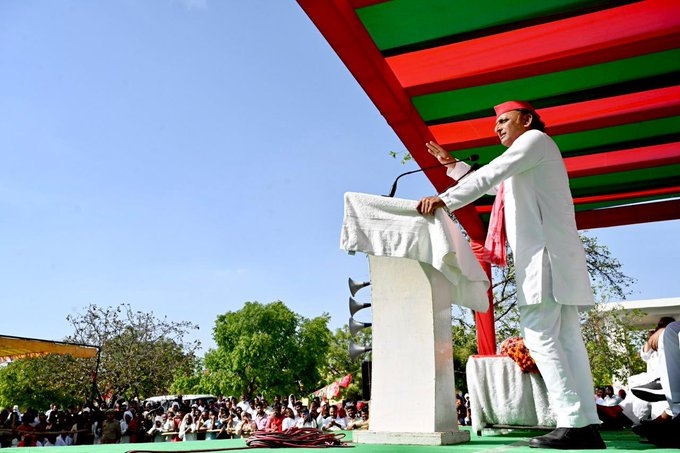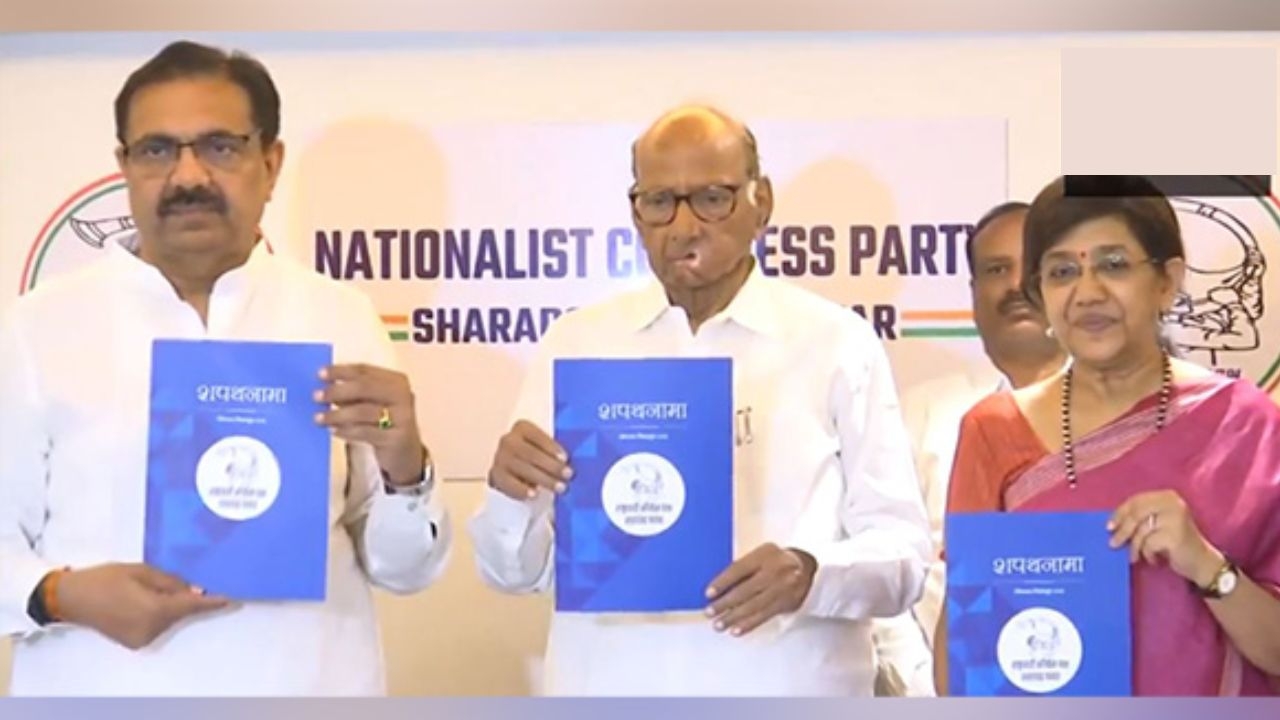Resolution of humiliation is at the root of Kashmir's problem: Filmmaker Sanjay Kak
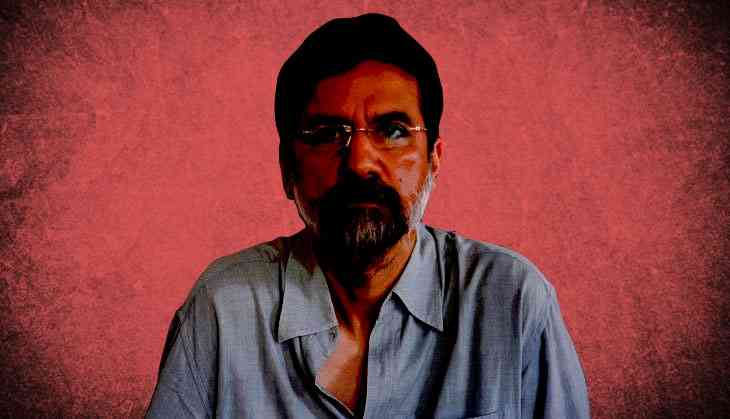
'The issue of resolution of humiliation stands at the root of the Kashmir problem and in every Kashmiri, there is the desire of Azaadi.'
These are the views expressed by filmmaker and activist Sanjay Kak at a select gathering of filmmakers and critics at the 7th Dalhousie Film Meet organised by The People's Voice over the weekend. Kak's acclaimed documentary Jashn-e-Azaadi was one of the films screened at the event.
It was during the post-screening discussion that he expressed his views on the issue of the continuing insurgency in Kashmir. Kak is among those who believe that the Kashmiris must have the right to self-determination.
“The year 2016 was a very depressing year after 2003-04. In between there was some breathing space available which was lost (and) which is no longer there,” he said while pointing that during Congress' regime there was at least a 'hypocritical' move to create some breathing space in the turmoil-ridden state. And that the present Bharatiya Janata Party (BJP) – People's Democratic Party (PDP) dispensation has done away with.
“They are going ahead with Jammu versus Srinagar phenomenon. The issue of declaring a state holiday on Maharaja Hari Singh's birthday is to counter the declaration of a holiday on Sheikh Abdullah's birthday,” Kak said while expressing the apprehension of the BJP-PDP regime taking the theory of trifurcation of the state to its logical conclusion.
This is a theory attributed to the Hindu Right wing elements who want to divide the state of Jammu and Kashmir into three regions of Jammu, Kashmir Valley and Ladakh to resolve the Kashmir dispute.
Issues of the Pandits
Kak further pointed out that the issue of Kashmiri Pandits has been hijacked by the Hindu Right wing for its political motives. He raised the issue of the scarcity of documentary evidence available in the public domain on the scale of Kashmiri Pandit migration from the Valley in the early '90s.
While not denying that a large number of Pandits migrated from the Valley, he said that the issue of their flight and victimisation remains a very complex issue. At the same time, he questioned the reluctance of the successive governments to disclose the numbers that stayed in camps and also pointed out that there are not many pictures, even with the press photographers, of Pandits fleeing.
He is also of the view that the Shia-Sunni divide in the region is a 'state project' on two 'tanzeems'. He underlined that very few people in India know about some Shia villages also being punished for taking a different stand. Even the Sikhs are never named although they have never taken pro-India position openly.
Replying to a query from this reporter on the sentiment of boycotting Kashmiris being played up in parts of the rest of the country, Kak said that there cannot be much impact of this propaganda. He pointed out –
“The land reforms introduced by Sheikh Abdullah in 1952 along with the compulsory free education has a role to play in this. There is no absolute poverty and people own land. Even when there was no tourist season for four years, the people sustained themselves. Tourism is a local phenomenon restricted to a few districts. In the year 2016 that saw more than 100 people being killed and more than 400 injured, there was no decrease in apple import from Kashmir. In fact, it was 30% more than the previous year.”
Kak also pointed out that the trader never loses his profits whatever is happening in Kashmir. He explained that the local economy is self-sustaining because of the land reforms and compulsory free education introduced decades ago. Kak said that the Kashmiris get global attention because of their middle-class educated people.
“This is not the case with the tribals of Bastar,” Kak said.
Sell-outs
Kak also has his reservations about the big lies peddled by the 'corporate media' on Kashmir. “I did not go to Kashmir between 1989 to 2003. But in 2003 I felt the people had emerged stronger. Intellectually their thinking had grown 100% over 1990 on the issue of Azaadi. They are shown only as terrorists or victims of terrorism by the media,” he said while adding that television channels have some 'paaltu' (domesticated) politicians to confirm this line.
Talking about the Left and progressive forces in the state at the present times he said that there are so many contradictions in the Kashmiri society to which organisations have not been able to reconcile. He pointed out that the National Conference constitution and New Kashmir Manifesto were major steps in this direction although the National Conference later wavered from this path.
“There are several youngsters who are very progressive in their outlook but are not affiliated to any of the Left organisations,” he said.
Kak also feels that giving impetus to tourism industry will serve no purpose in the resolution of the Kashmir issue.
“It is not an equitable industry. There are only owners and servants. In case of high-end tourism, the owners are from places like Delhi while the locals remain the servants. In case of the low-end tourism there are other factors that come into play like damage to environment etc,” he asserted.
He also underlined the 'war economy' at work in the trouble-torn state in which the Army and the bureaucracy is flushed with a lot of money and hence there are elements who would not want a return to normalcy.
First published: 9 October 2017, 16:55 IST

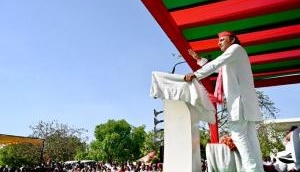
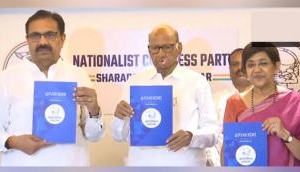
_251372_300x172.jpg)
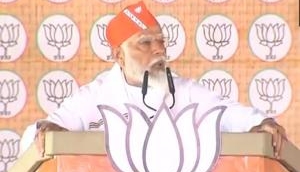
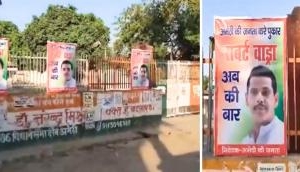
![BJP's Kapil Mishra recreates Shankar Mahadevan’s ‘Breathless’ song to highlight Delhi pollution [WATCH] BJP's Kapil Mishra recreates Shankar Mahadevan’s ‘Breathless’ song to highlight Delhi pollution [WATCH]](http://images.catchnews.com/upload/2022/11/03/kapil-mishra_240884_300x172.png)

![Anupam Kher shares pictures of his toned body on 67th birthday [MUST SEE] Anupam Kher shares pictures of his toned body on 67th birthday [MUST SEE]](http://images.catchnews.com/upload/2022/03/07/Anupam_kher_231145_300x172.jpg)


